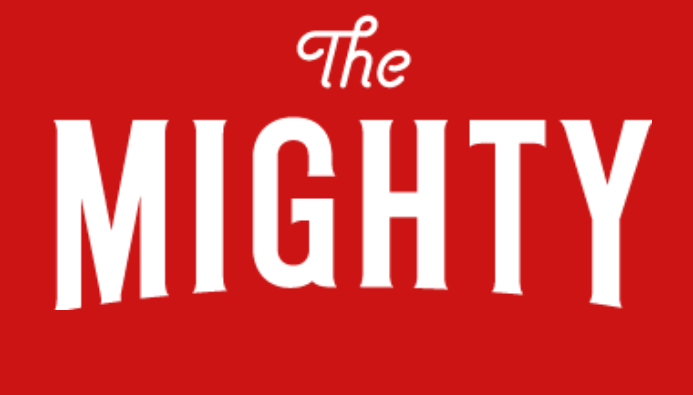A while ago, I got wind of a very interesting debate that sprung up on The Mighty, a website that deals with various disabilities issues and features content written both by disabled people and carers. The controversy centres mainly around two articles the site published by parents, one that featured photos of a couple’s severely disabled 16-year-old son in nothing but a nappy and the other by a mother of a autistic child who made a ‘light-hearted’ bingo card featuring possible scenarios of their child’s regular temper tantrums. Many of the disabled visitors to the site were outraged by such content, finding it highly disrespectful and demanded it be taken down while parents felt that their voices and opinions were being unfairly silenced from this outlet when all they were attempting to do was educate the wider audience about the difficulties faced by disabled people and their families.
Before I start, I just want to state that I do understand that having a disabled child is an extremely challenging and stressful experience at times. I also am convinced that the parents who wrote these articles love their children a great deal and meant no harm by sharing what life is really like for them day-to-day. But I do question whether in their eagerness to explain to people the perhaps-overlooked problems they face, these parents are exposing private details about their child in a public arena when they don’t necessarily have the right to do so and it isn’t in their child’s best interests. Moreover, by talking so openly about their child’s needs and impairments are they in fact portraying their offspring as only these facets and not as complete and whole people who they love and cherish. No doubt, the intent is to alter the world to be better equipped to deal with and accept their sons and daughters as they grow, but in doing so are they sometimes choosing methods that expose too much about these young people, whose disabilities are so severe that they are unable to give their consent for such exposure. Surely, when this is the situation, it is a parent’s responsibility to act as a gatekeeper to their children’s privacy.
I can see how being the parent of a disabled child can be an isolating experience and I can understand how the vital support given and received by a extensive wider network of family, friends and others can be a much need resource to parents for sharing their worries and emotions. But when that network extends into the virtual world it allows anyone access to information that once perhaps was only accessible to professionals and those closest to the family. We now live in a digital world, where people seem more and more comfortable with sharing a greater amount of information about their life via the net. It is no coincidence that this has happened along side more and more disabled people speaking out about their experiences in life. What was once hidden away in private can and now is discussed. But for people like me, and my parents, who put great value on privacy and still feel like personal care is a matter that is best shared with the fewest people possible, it can be a very uncomfortable world. Many disabled people feel totally comfortable sharing intimate aspects of their needs to enlighten others about the challenges they face, I don’t. But to do so is their choice. The individuals written about in these articles have had that choice made for them by their parents and I don’t feel that’s right.
Like I say, being a parent of a disabled child is a challenging, tiring experience and people will get worn out, stressed and complain about it. My mum’s no different, she’s always saying to me how exhausted she is and how much she has to do. But that’s the difference. She says it to me, she says it to my dad and her siblings. She does not soapbox my problems and her concerns to every Tom, Dick and Harry she meets or uploads them to the internet (mainly because she’s not computer literate but if she did know how I doubt she would). This is because, in her words, ‘it’s none of their business’. My mum wants people to know about the daughter she’s proud of as a person, not allow them to view me through a prism of my impairments and what she has to do for me. Caring for a disabled child of any age is a 24/7 job and it’s very easy to get bogged down by the endless cycle of worry and care and forget what we take for granted. Maybe more parents should take a page out ofMaria Colon’s book and remember your child is a person too, no matter how much they rely on you.

